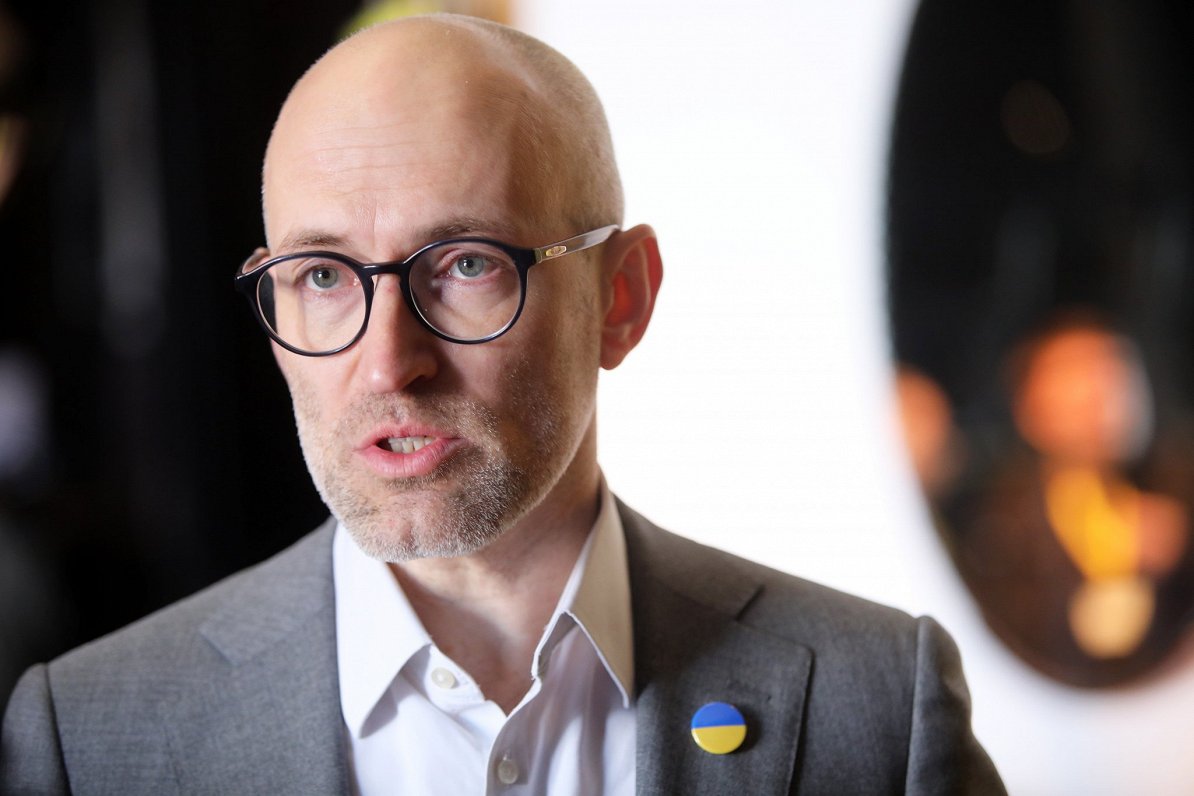“Overall, we have three or four options we work with. The minimum guess is that the virus will be like seasonal flu this autumn, without affecting our lives too much. But the possibility that nothing needs to be done is very, very unlikely. So what we are going to do as a minimum in the autumn is organize boosters for the elderly, for people with chronic illness, with a weakened immune system, doctors in medical establishments, and so on. The other extreme would be a completely new pandemic. But such a variant seems unlikely, too. It is likely that there will be something in the middle,” said Health Minister Daniels Pavļuts.
The Minister added that 'we will be more prepared for the next outbreak of the virus'.
“The hospital system, for example, will be able to accommodate more than three thousand Covid-19 patients. Our job is to ensure that we are fully prepared for any scenario. Then things like wider or narrower vaccination, or any restrictions – will have to be seen in the autumn. No one knows exactly what might be needed in the autumn,” said Pavļuts.
Currently, in Daugavpils Regional Hospital, employees are going on leave en masse to prepare for autumn, said Grigorijs Semjonovs, member of the hospital's board.
“The first is to prepare physically – getting some rest time for them [employees]. The second is a bit of an effort to recycle internal algorithms [..] We are now analyzing oxygen consumption and working on stocking reserves, we don't fear the Covid-19 wave as much as supply interruptions, price increases and so on,” said Semjonovs.
Daugavpils hospital is ready to allocate 270 beds for the outbreak of Covid-19.
Pauls Stradiņš clinical university hospital is also ready for the next wave of the virus, said Rinalds Muciņš, chairman of the hospital's board.
“We're not changing our plans right now. If there is such a need, we will act in line with what has already been stated: isolation, allocation of bed resources, and limiting other patients. But of course, it will all come from what the nature of Covid-19 will be,” said Muciņš.
The Riga East Clinical University Hospital (RAKUS) is ready for various outbreak scenarios. If necessary, it will be ready to dedicate 741 beds, said the hospital's board member, Professor Haralds Plaudis.
“At the same time, RAKUS has undergone radical and significant reconstruction of the supply of the oxygen system. This means that we can supply oxygen to very many patients. The same applies to intensive therapy. If needed, we can expand and open additional intensive therapy beds. Of course, the crucial issue is staff,” said Plaudis.




























